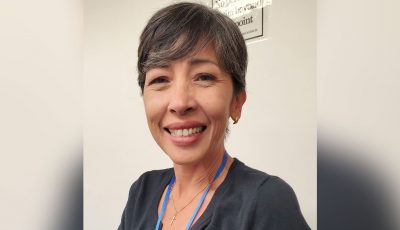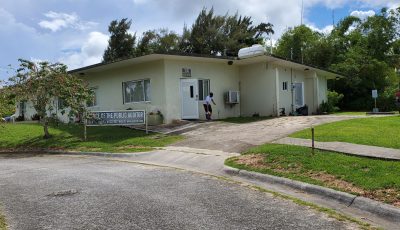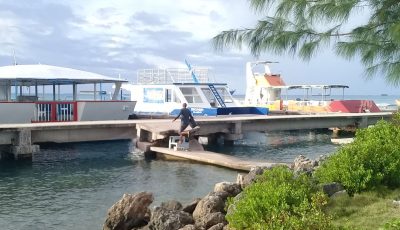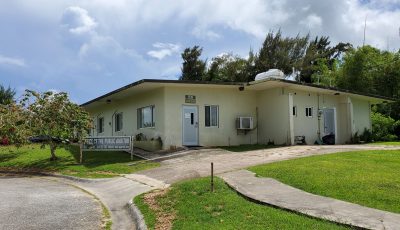OPA’s Muña becomes a certified fraud examiner
Jolene Nicole Muña of the Office of the Public Auditor has passed the examination to gain the designation of certified fraud examiner by the Association of Certified Fraud Examiners.
In order to become a CFE, Muña met a stringent set of criteria and passed a rigorous exam administered by the ACFE while also agreeing to abide by the CFE code of professional ethics. Muña has also demonstrated knowledge in four areas critical to the fight against fraud: fraudulent financial transactions, fraud prevention and deterrence, legal elements of fraud and fraud investigation.
The preparation materials and exam itself was made accessible to Muña through the Technical Assistance Program or TAP provided by the Department of the Interior. OPA applied for and was awarded the TAP grant in 2015.
Muña has been employed with OPA since January 2016 and is currently an auditor. She graduated from Pacific Pioneer College with a bachelor’s degree in Business Management in 2011 and earned a master’s degree in Human Resource Management from Argosy University in 2013. Aside from in-house training at OPA, Muña also attended a two-week training program called the Lakewood Experience sponsored by the Office of the Inspector General in Lakewood, Colorado, in June 2018 as well as various trainings offered by the Association of Pacific Island Public Auditors and the USA Graduate School.
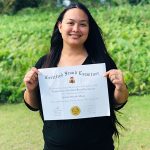
Jolene Nicole Muña of the Office of the Public Auditor has passed the examination to gain the designation of certified fraud examiner by the Association of Certified Fraud Examiners. (Contributed Photo)
The ACFE is the world’s largest anti-fraud organization and premier provider of anti-fraud training and education. Together with more than 85,000 members, the ACFE is reducing business fraud worldwide and inspiring public confidence in the integrity and objectivity within the profession.
CFE designees represent the highest standards held by the Association of Certified Fraud Examiners and possess expertise in all aspects of the anti-fraud profession.
CFEs have the ability to: examine data and records to detect and trace fraudulent transactions; interview suspects to obtain information and confessions; write investigation reports; advise clients as to their findings; testify at trial; understand the law as it relates to fraud and fraud investigations; and identify the underlying factors that motivate individuals to commit fraud.
CFEs on six continents have investigated more than 1 million suspected cases of civil and criminal fraud. (PR)



